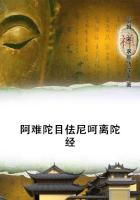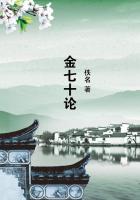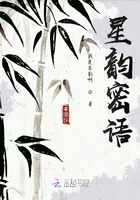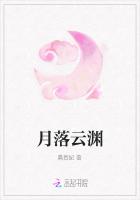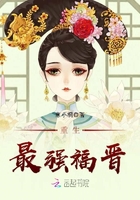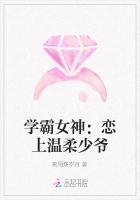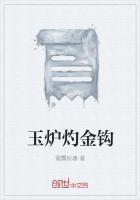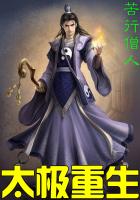IN the lecture which it is my privilege to deliver before you to-night I do not desire to give you any abstract definition of beauty at all. For we who are working in art cannot accept any theory of beauty in exchange for beauty itself, and, so far from desiring to isolate it in a formula appealing to the intellect, we, on the contrary, seek to materialise it in a form that gives joy to the soul through the senses. We want to create it, not to define it.
The definition should follow the work: the work should not adapt itself to the definition.
Nothing, indeed, is more dangerous to the young artist than any conception of ideal beauty: he is constantly led by it either into weak prettiness or lifeless abstraction: whereas to touch the ideal at all you must not strip it of vitality. You must find it in life and re-create it in art.
While, then, on the one hand I do not desire to give you any philosophy of beauty - for, what I want to-night is to investigate how we can create art, not how we can talk of it - on the other hand, I do not wish to deal with anything like a history of English art.
To begin with, such an expression as English art is a meaningless expression. One might just as well talk of English mathematics.
Art is the science of beauty, and Mathematics the science of truth: there is no national school of either. Indeed, a national school is a provincial school, merely. Nor is there any such thing as a school of art even. There are merely artists, that is all.
And as regards histories of art, they are quite valueless to you unless you are seeking the ostentatious oblivion of an art professorship. It is of no use to you to know the date of Perugino or the birthplace of Salvator Rosa: all that you should learn about art is to know a good picture when you see it, and a bad picture when you see it. As regards the date of the artist, all good work looks perfectly modern: a piece of Greek sculpture, a portrait of Velasquez - they are always modern, always of our time. And as regards the nationality of the artist, art is not national but universal. As regards archaeology, then, avoid it altogether: archaeology is merely the science of ****** excuses for bad art; it is the rock on which many a young artist founders and shipwrecks; it is the abyss from which no artist, old or young, ever returns. Or, if he does return, he is so covered with the dust of ages and the mildew of time, that he is quite unrecognisable as an artist, and has to conceal himself for the rest of his days under the cap of a professor, or as a mere illustrator of ancient history. How worthless archaeology is in art you can estimate by the fact of its being so popular.
Popularity is the crown of laurel which the world puts on bad art.
Whatever is popular is wrong.
As I am not going to talk to you, then, about the philosophy of the beautiful, or the history of art, you will ask me what I am going to talk about. The subject of my lecture to-night is what makes an artist and what does the artist make; what are the relations of the artist to his surroundings, what is the education the artist should get, and what is the quality of a good work of art.
Now, as regards the relations of the artist to his surroundings, by which I mean the age and country in which he is born. All good art, as I said before, has nothing to do with any particular century; but this universality is the quality of the work of art;the conditions that produce that quality are different. And what, I think, you should do is to realise completely your age in order completely to abstract yourself from it; remembering that if you are an artist at all, you will be not the mouthpiece of a century, but the master of eternity, that all art rests on a principle, and that mere temporal considerations are no principle at all; and that those who advise you to make your art representative of the nineteenth century are advising you to produce an art which your children, when you have them, will think old-fashioned. But you will tell me this is an inartistic age, and we are an inartistic people, and the artist suffers much in this nineteenth century of ours.
Of course he does. I, of all men, am not going to deny that. But remember that there never has been an artistic age, or an artistic people, since the beginning of the world. The artist has always been, and will always be, an exquisite exception. There is no golden age of art; only artists who have produced what is more golden than gold.
WHAT, you will say to me, the Greeks? were not they an artistic people?
Well, the Greeks certainly not, but, perhaps, you mean the Athenians, the citizens of one out of a thousand cities.
Do you think that they were an artistic people? Take them even at the time of their highest artistic development, the latter part of the fifth century before Christ, when they had the greatest poets and the greatest artists of the antique world, when the Parthenon rose in loveliness at the bidding of a Phidias, and the philosopher spake of wisdom in the shadow of the painted portico, and tragedy swept in the perfection of pageant and pathos across the marble of the stage. Were they an artistic people then? Not a bit of it.
What is an artistic people but a people who love their artists and understand their art? The Athenians could do neither.
How did they treat Phidias? To Phidias we owe the great era, not merely in Greek, but in all art - I mean of the introduction of the use of the living model.
And what would you say if all the English bishops, backed by the English people, came down from Exeter Hall to the Royal Academy one day and took off Sir Frederick Leighton in a prison van to Newgate on the charge of having allowed you to make use of the living model in your designs for sacred pictures?

